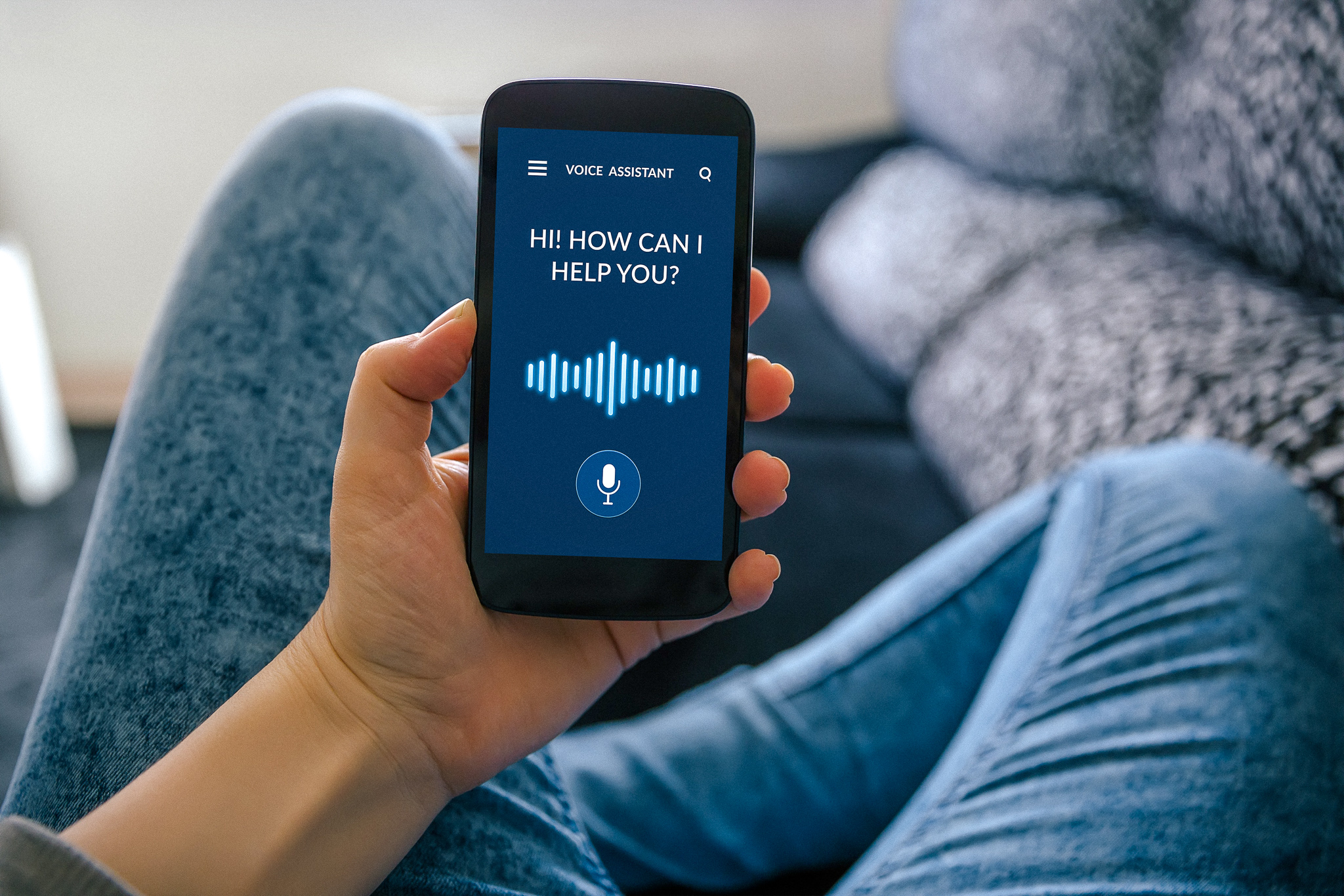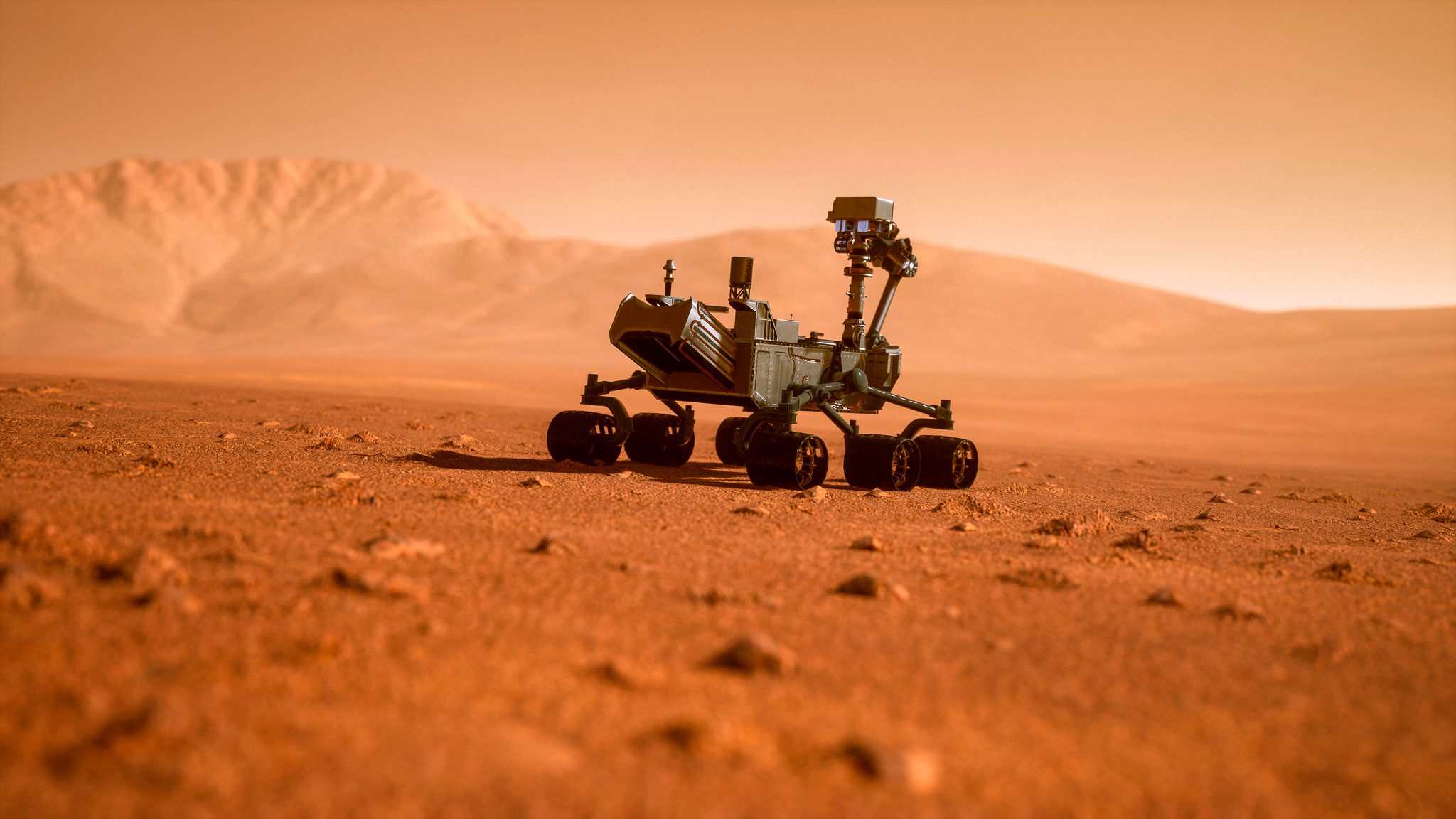Voice assistants are a great way to interact with your house, ask a question or set a timer. The more an assistant knows about you, your home and its other inhabitants, the better it is able to help you. Today’s available virtual assistants work great, but they have a big problem. They store your data in the cloud and don’t provide APIs to allow other companies to build on top.
Almond
With Almond, you can run a virtual assistant at home that can tell you the news or control your house. It is powered by LUInet, a state-of-the-art neural network developed at Stanford. The Almond team has updated Home Assistant to make it aware of the different device types in Home Assistant and allow Almond to control them.
Almond is available to users today in Home Assistant 0.102. It requires an Almond Server, which you can install yourself or rely on Almond Web, a cloud version hosted by Stanford. Almond is set up in a way such that your privacy is still partially preserved even with LUInet running in the cloud. This is made possible becauseLUInet is only responsible for converting the text into a program, whose details are filled in locally by the Almond server.
Almond is gathering sentences that you want to use to control the devices in your home. We already have a basic set of sentences, but the more, the better. You are also able to help train LUInet directly by teaching it how to interpret sentences. Almond is an open source project, and with the Home Assistant community, we’ll work with the Almond team on making it better.
Ada
Home Assistant 0.102 introduces a new project called Ada, which will route all data to the various integrations for a full voice assistant experience. Home Assistant already has a text-to-speech integration with different backends, and now Ada integrates hotword detection
Ada is also available as a Raspberry Pi add-on, so you can plug a microphone and speakers into your Raspberry Pi and turn Hass.io into a voice assistant. Nabu Casa is introducing a new beta service offering speech-to-text services to Home Assistant Cloud subscribers, powered by Azure Cognitive Services. If you have expertise in this area and want to help us improve Ada, please get in touch.
Can a Virtual Assistant Still be Private if Parts Run in the Cloud?
With Home Assistant we care about privacy and local control. We want to be able to offer home automation that keeps working if there is no internet. But we also want privacy to be accessible. Privacy should not be something that is reserved for the rich. Some things will still run in the cloud, but the home data and control stays local.











